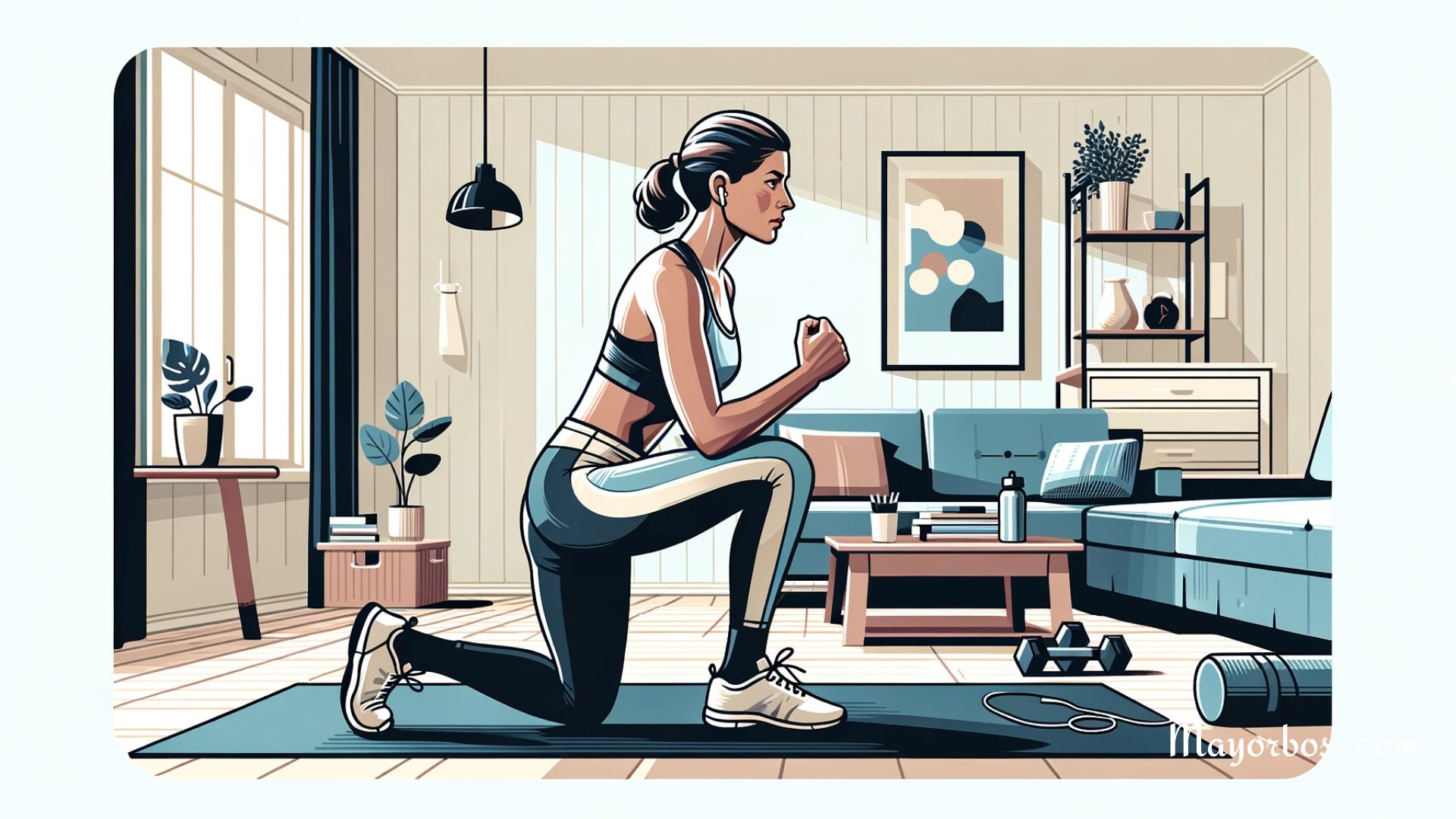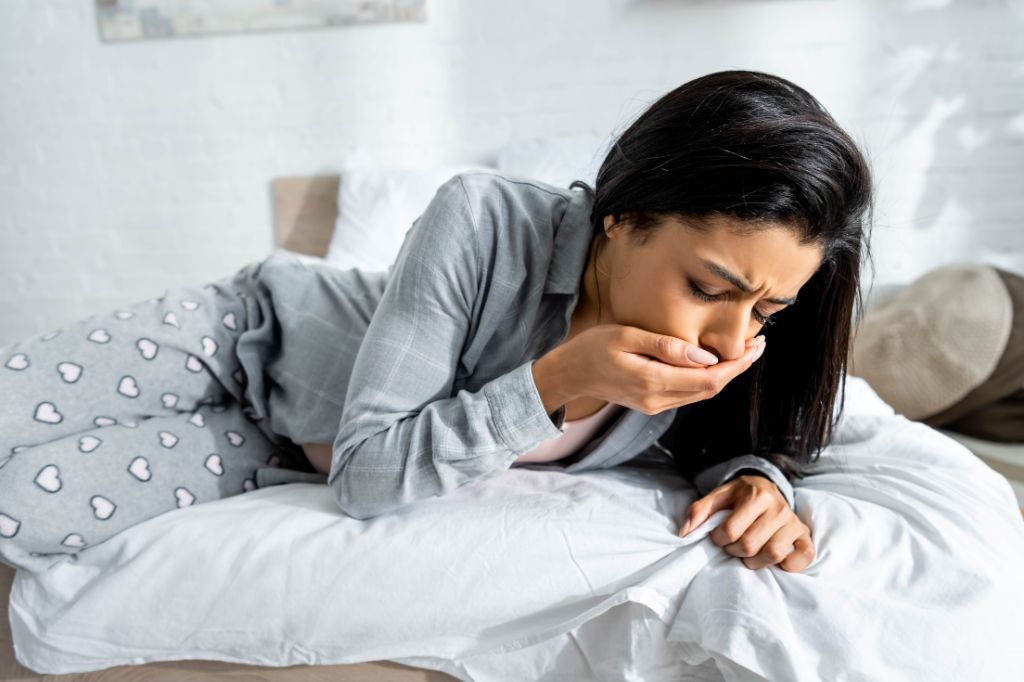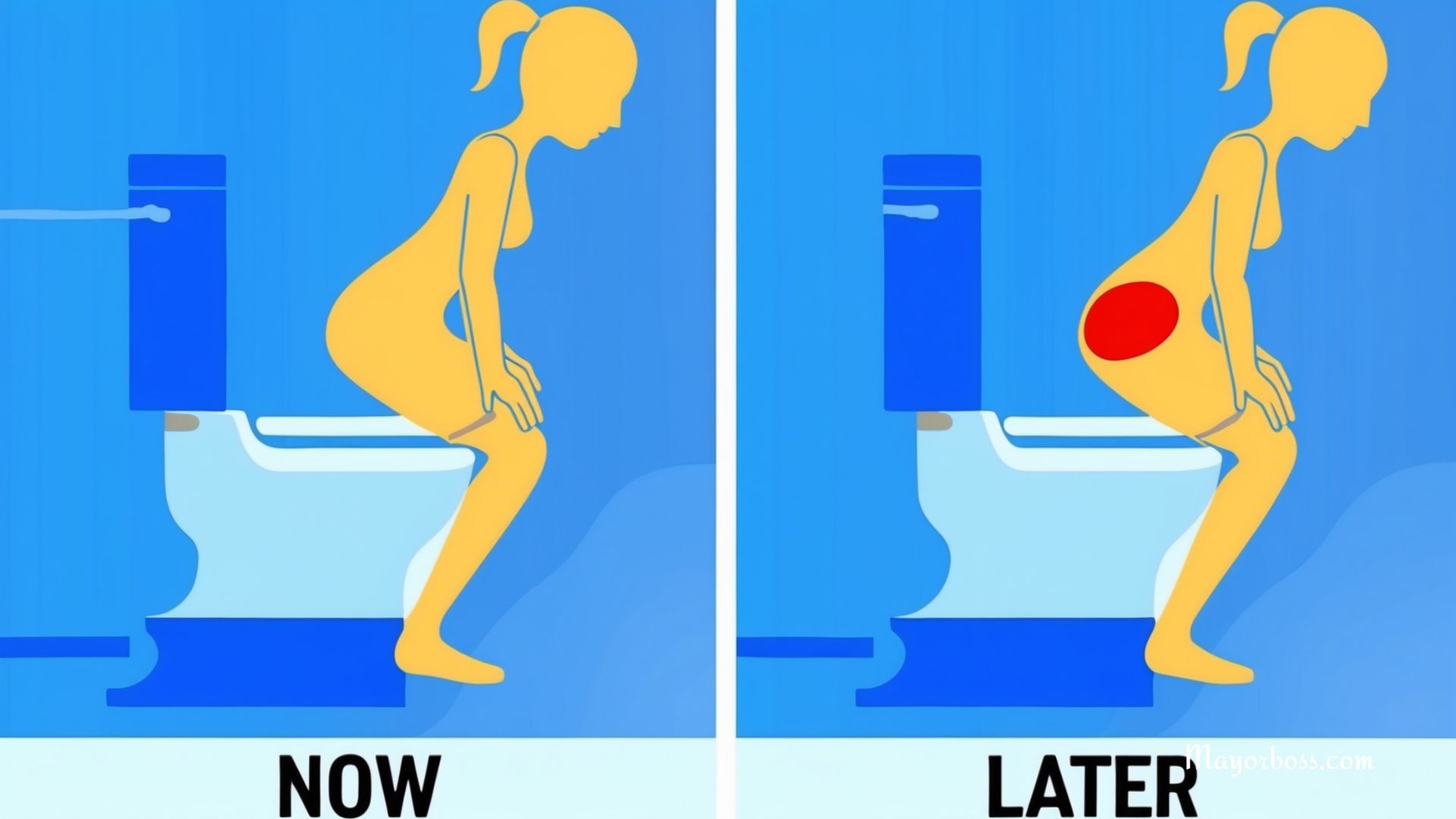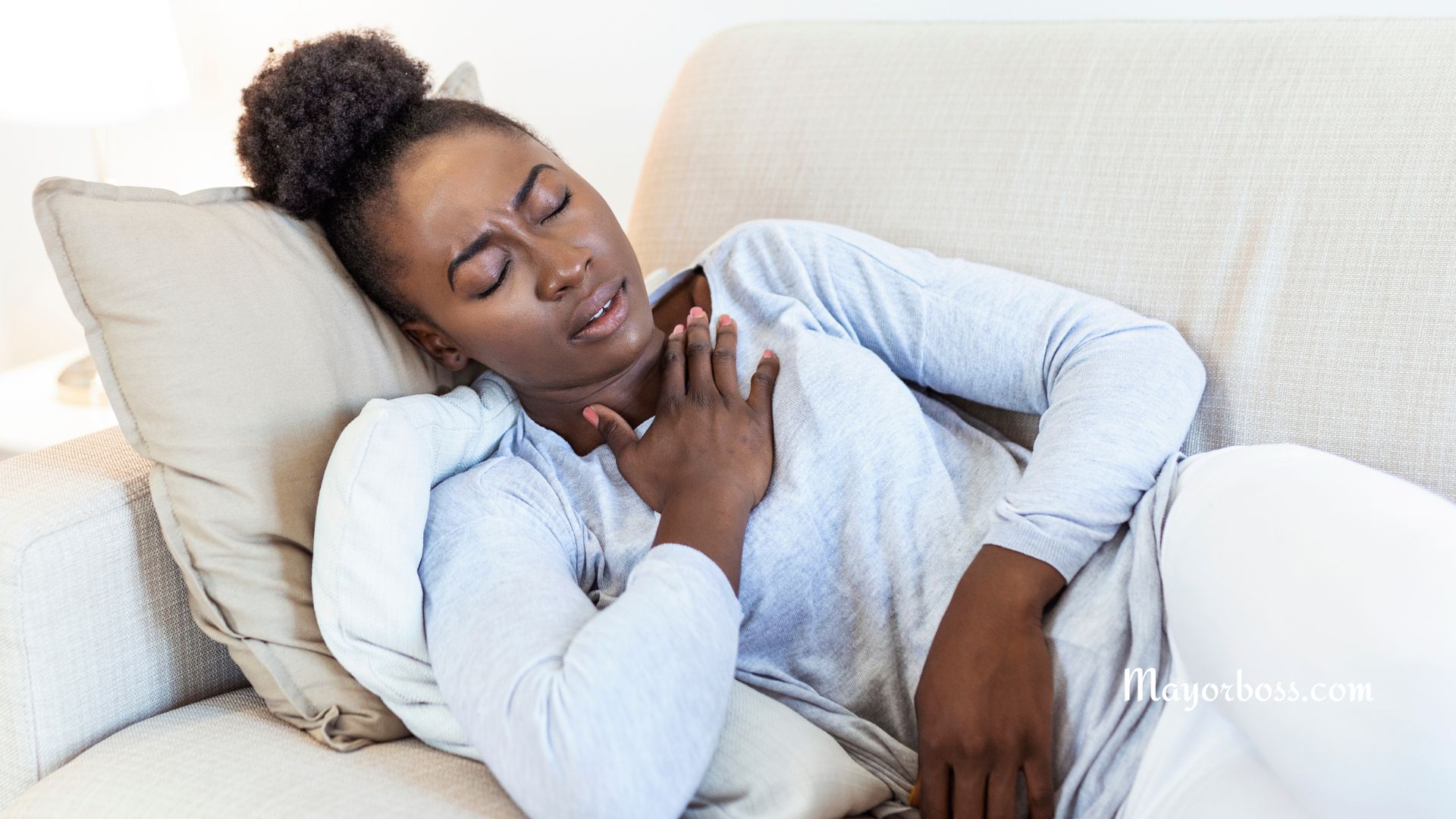Why Do I Sleep So Much? Understanding Excessive Sleepiness
Do you constantly ask yourself, “Why do I sleep so much?” If you find yourself struggling to get out of bed in the morning or nodding off throughout the day, you might be dealing with more than just a need for extra rest. Excessive sleepiness, also known as hypersomnia, can be a frustrating and sometimes debilitating condition. In this article, we’ll look into the potential causes of your sleepiness, when to seek help, and ways to manage it.
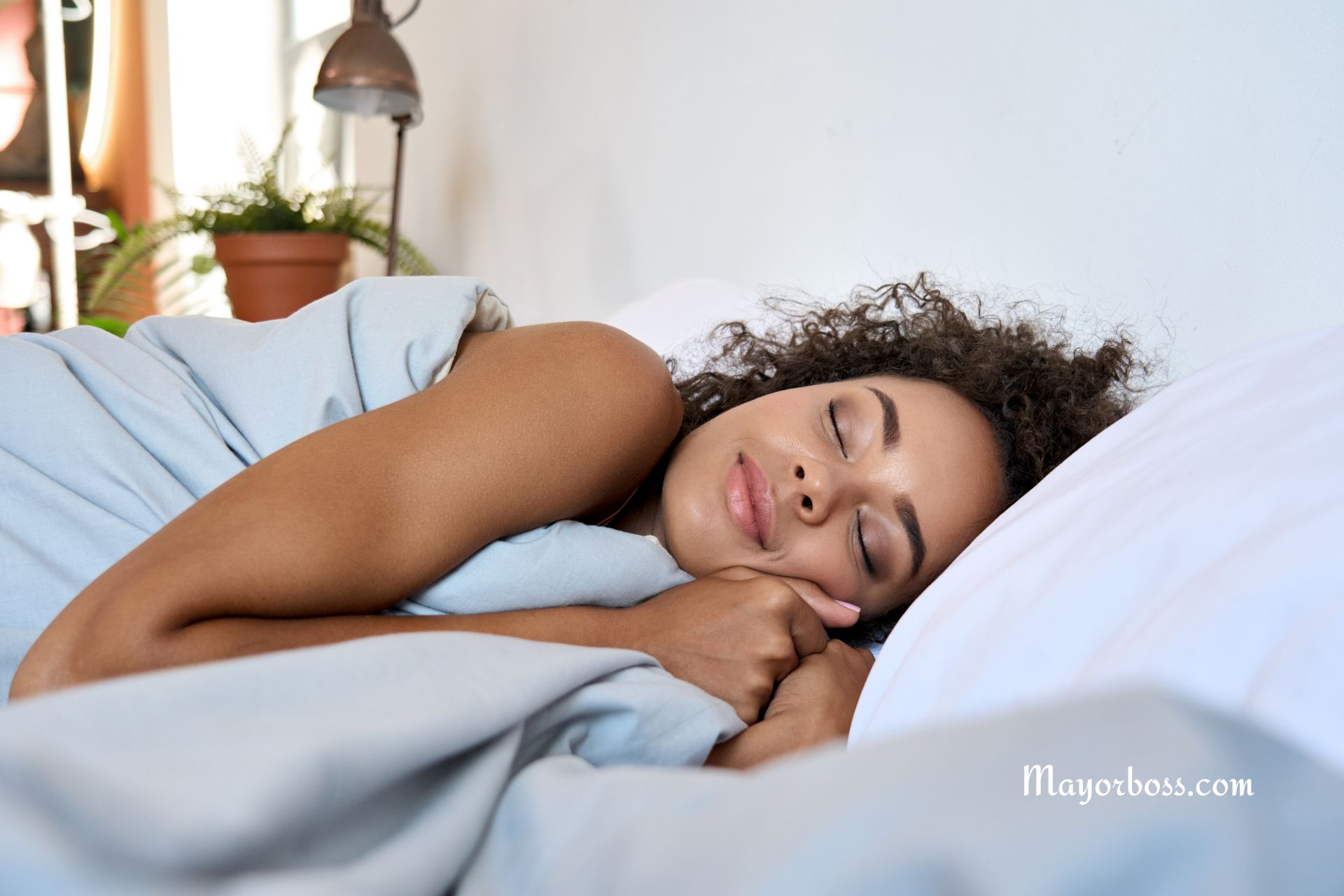
Understanding Sleep Needs
Our bodies require sleep to function properly. But how much sleep is enough? Let’s start with the basics:
- Adults: Most adults need around 7-9 hours of sleep per night.
- Teenagers: Teens typically need more sleep, roughly 8-10 hours a night.
- Young Children and Babies: Younger children may need upwards of 11-14 hours, while babies often require a whopping 12-17 hours of sleep every day.
It’s important to note that these are general guidelines, and everyone’s sleep needs are slightly different.
Why You Might Be Sleeping So Much
If you constantly exceed your expected sleep needs, the following factors may be at play:
- Insufficient Sleep: If you’re skimping on sleep during the week or going to bed very late, your body will attempt to compensate on weekends with excessive slumber. This is known as sleep debt, making you feel perpetually tired.
- Poor Sleep Quality: Even if you are seemingly getting enough sleep, frequent nighttime awakenings or sleep disorders can disrupt your sleep, leaving you feeling excessively tired during the day.
- Sleep Disorders: Several sleep disorders can cause hypersomnia:
- Sleep Apnea: A disruptive condition causing breathing pauses during sleep.
- Narcolepsy: A neurological disorder causing an inability to regulate sleep-wake cycles.
- Other Sleep Disorders: Restless legs syndrome, circadian rhythm disorders, and some sleep movement disorders also lead to excessive sleepiness.
- Medical Conditions: Various health conditions can influence sleep patterns:
- Medications: Certain medications like sedatives, antihistamines, and some blood pressure medications may cause drowsiness as a side effect.
- Mental Health: Conditions like anxiety or stress can significantly disrupt sleep, leading to fatigue and feelings of excessive sleepiness.
- Lifestyle Factors:
- Shift Work: Irregular sleep patterns can throw off your internal clock
- Substance Use: Alcohol and some drugs disrupt sleep quality.
When Should I Be Concerned?
While needing an extra nap isn’t always a cause for worry, consider seeing a doctor if:
- Your excessive sleepiness interferes with your daily life, affecting school, work, or relationships.
- You find yourself falling asleep easily at inappropriate times, such as during conversations or while driving.
- You experience fatigue that doesn’t improve, even with extended sleep.
Tips for Managing Excessive Sleepiness
If your oversleeping is starting to take over your life, here’s what you can do:
- Practice Good Sleep Hygiene: Go to bed and wake up at the same time each day, create a relaxing bedtime routine, and ensure your bedroom is conducive to quality sleep.
- See a Doctor: Address any undiagnosed sleep disorders or underlying medical conditions with a doctor’s advice.
- Manage Stress: Reduce stress levels through practices like mindfulness, yoga, or exercise.
- Avoid Overconsumption: Limit caffeine and alcohol consumption, especially near bedtime.
FAQs
- How do I stop oversleeping? Focus on sleep hygiene and consult a doctor to rule out medical causes.
- Is it unhealthy to sleep too much? Yes, oversleeping increases health risks like heart disease and diabetes.
- Can depression make you sleep all day? Absolutely! Depression is a significant cause of excessive sleepiness.

